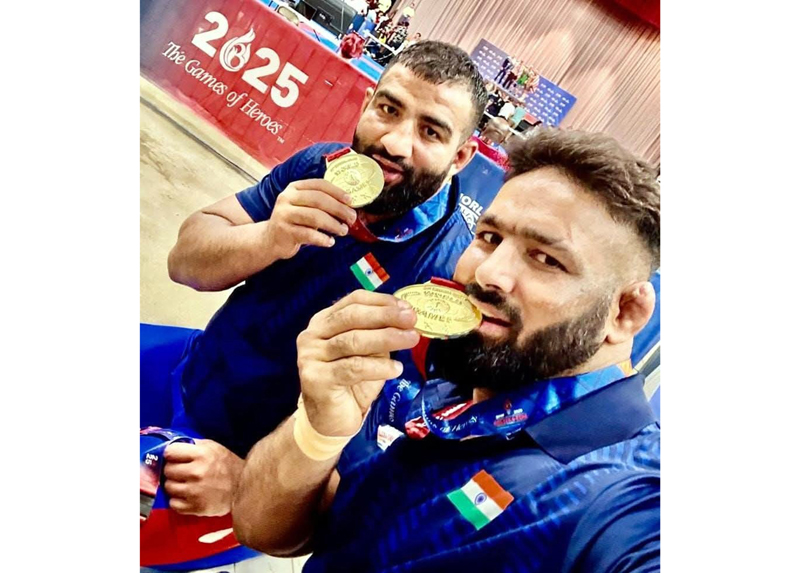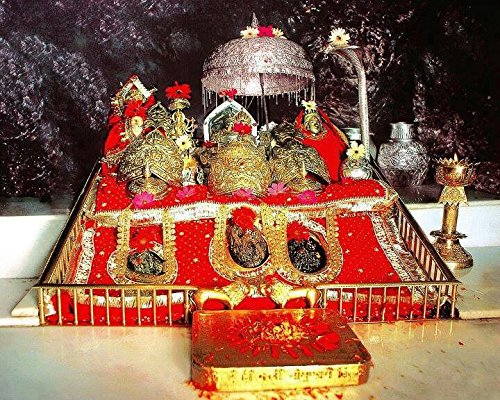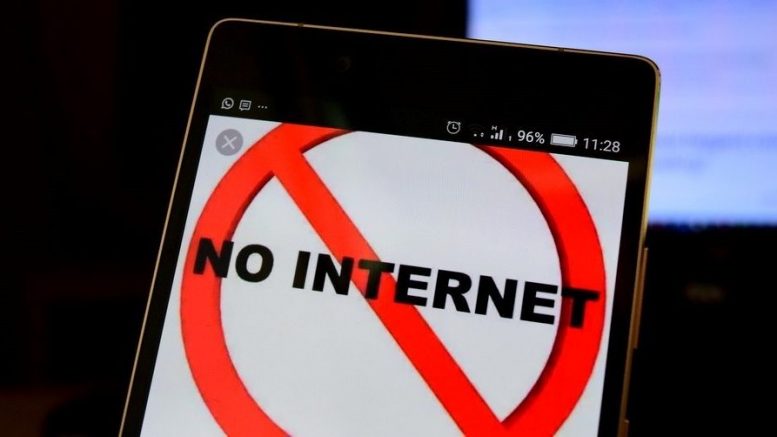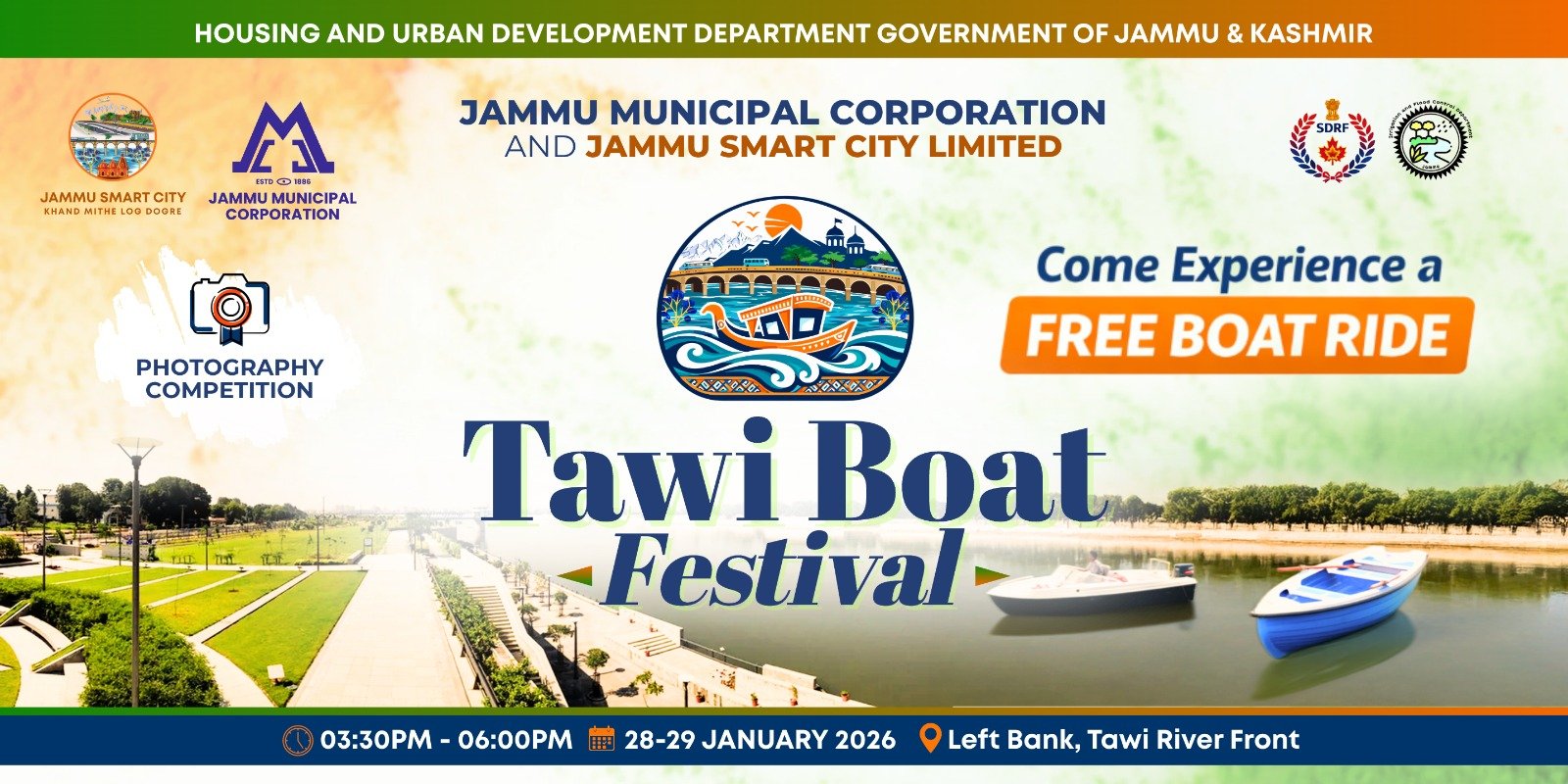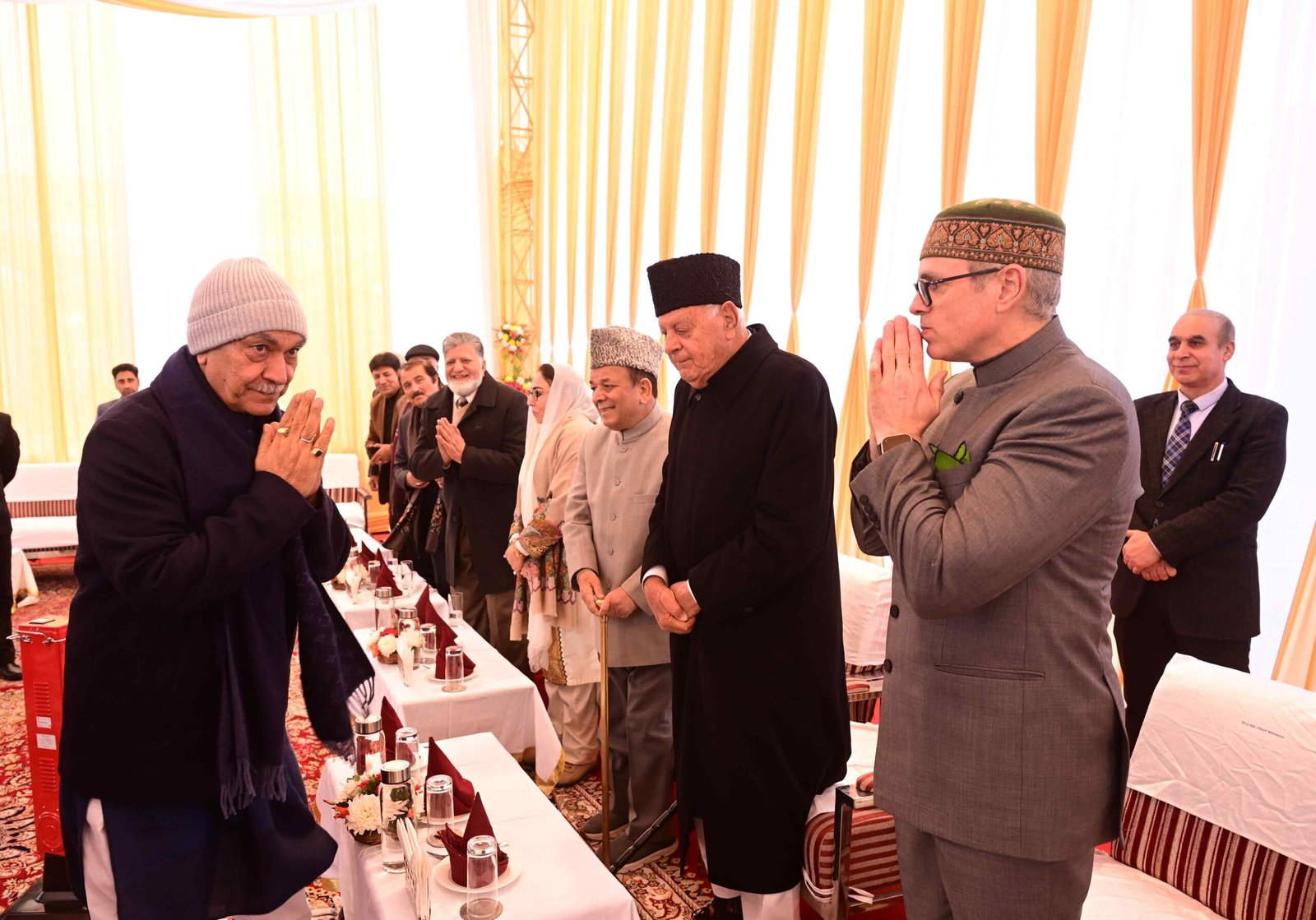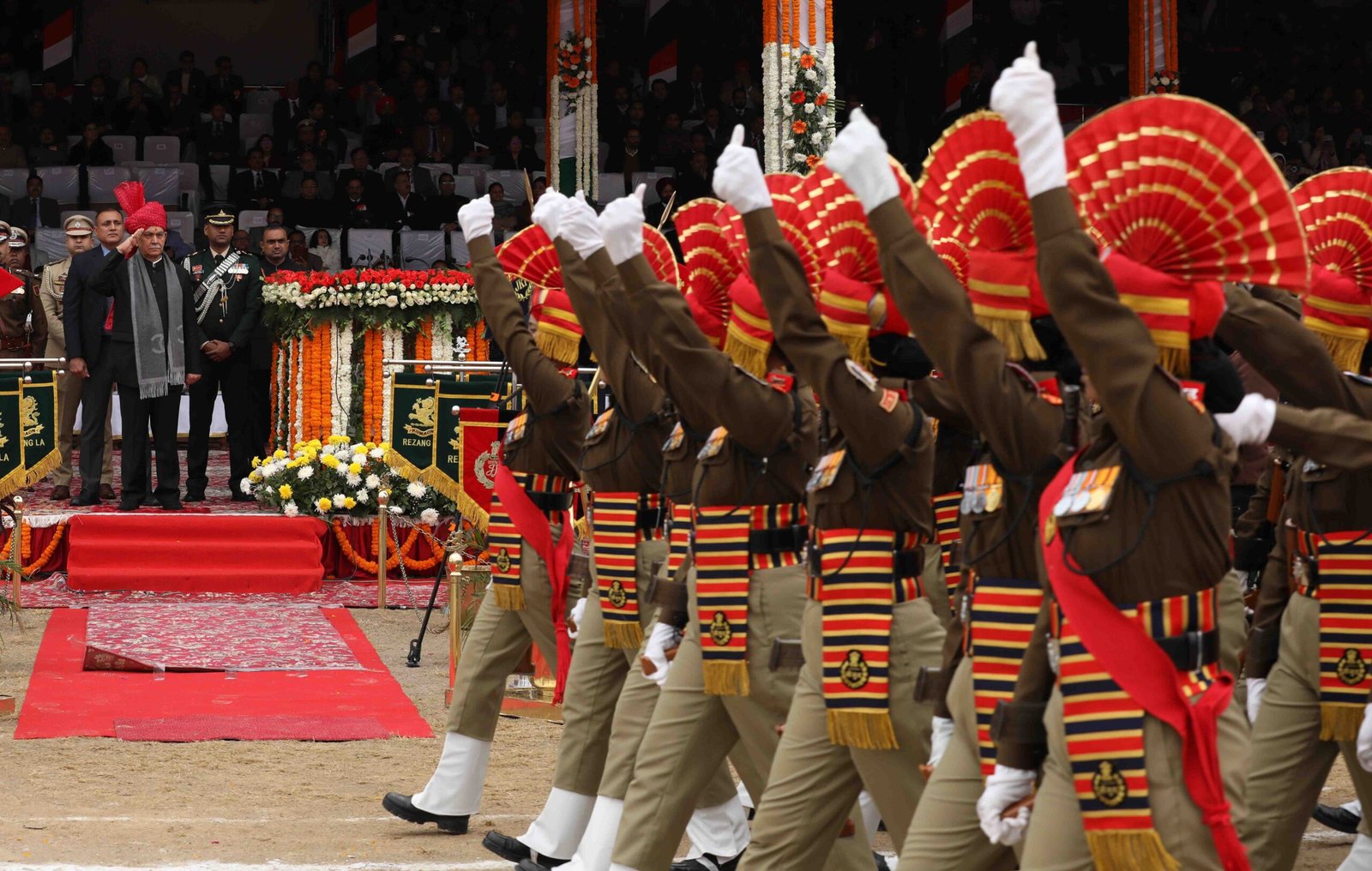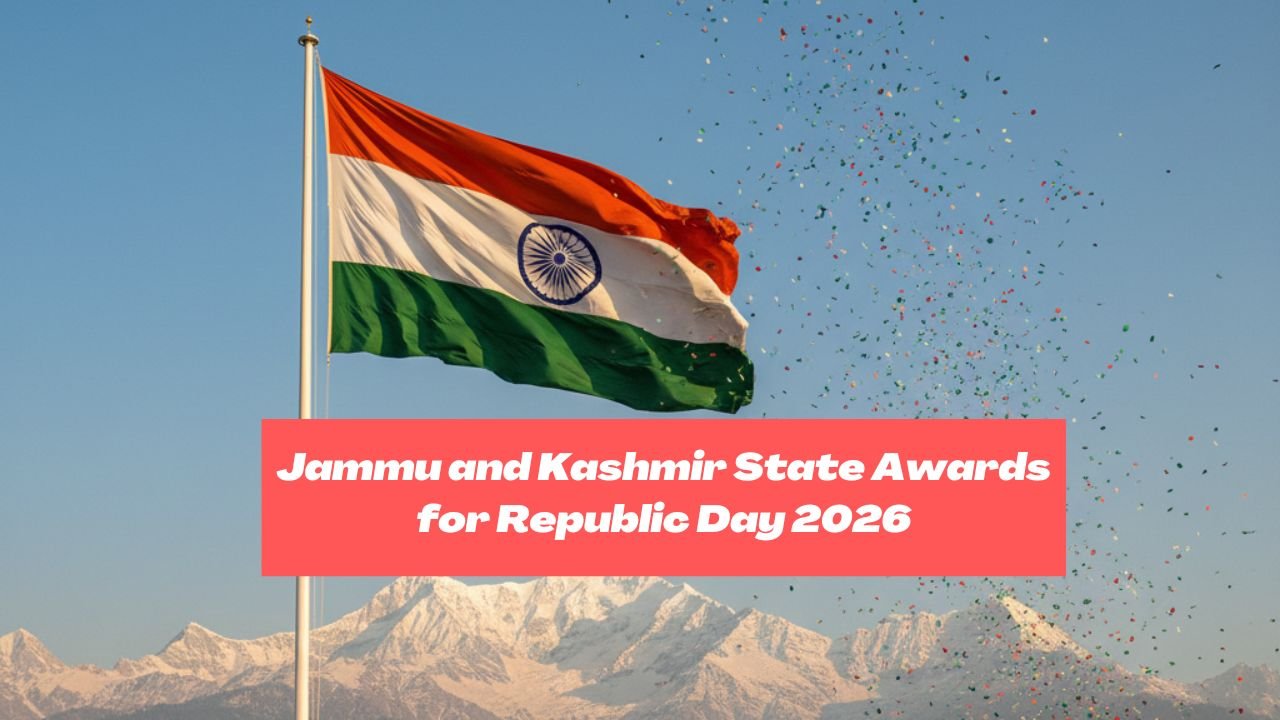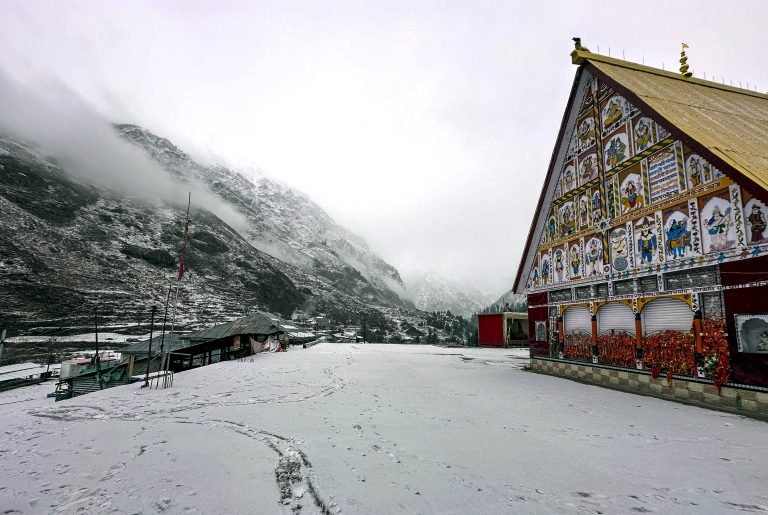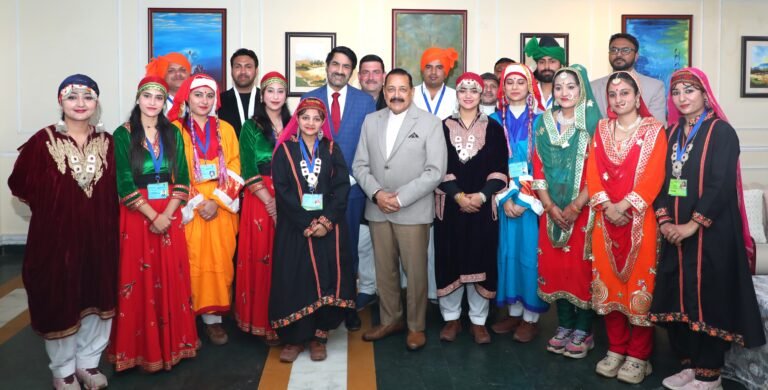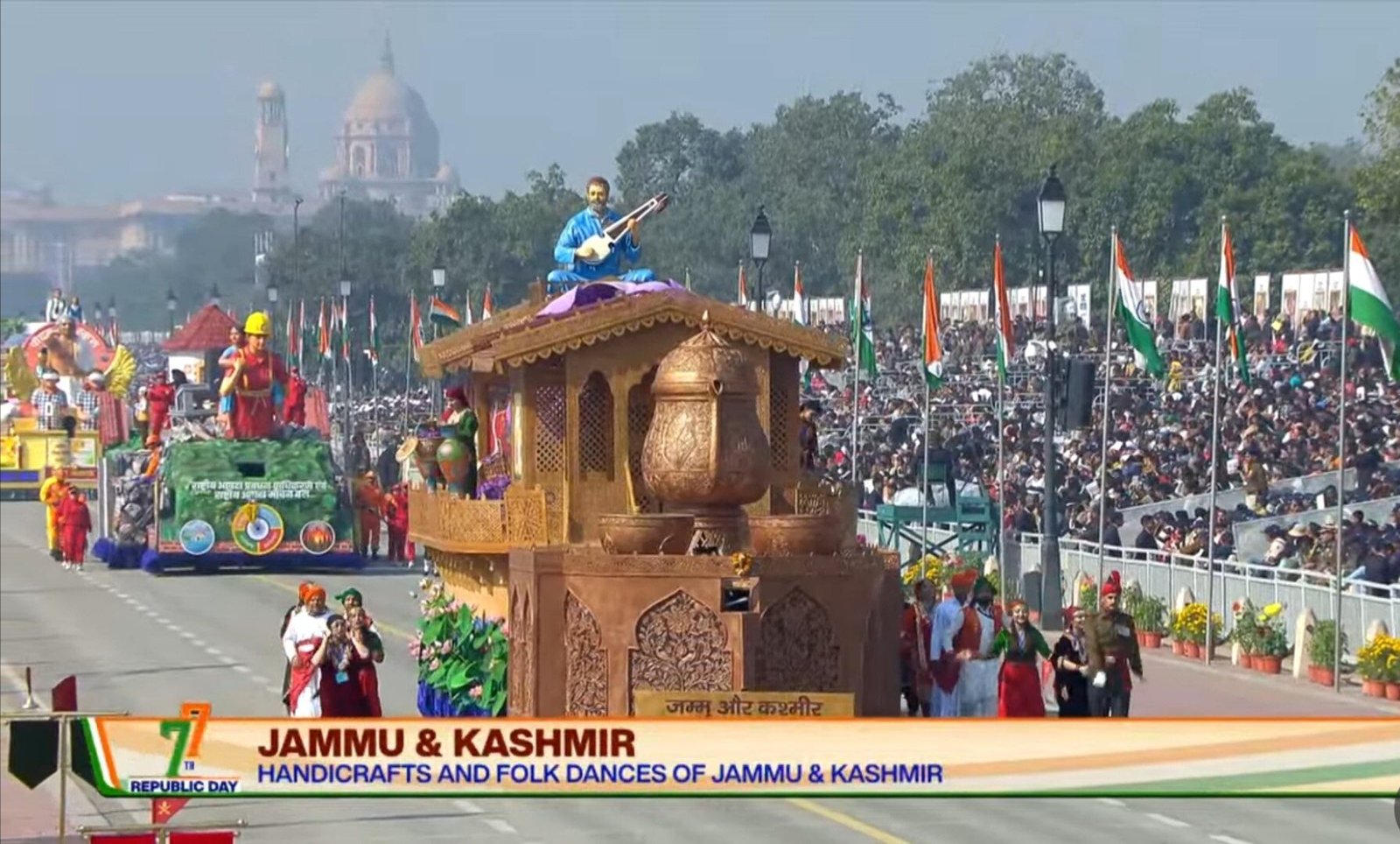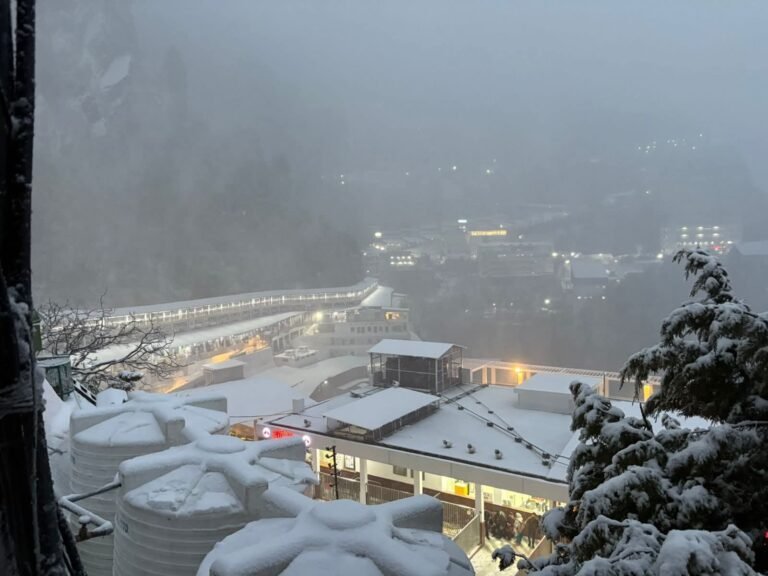In a moment that will be etched in the annals of Indian sports history, Jammu and Kashmir’s wrestling icons Benia Min and Ishaq Ahmed brought home gold medals from the World Police and Fire Games 2025, held in Birmingham, Alabama, USA. This stellar achievement has catapulted the Union Territory of Jammu and Kashmir into the global spotlight, stirring pride, admiration, and inspiration across India.
The World Police and Fire Games (WPFG) is one of the most prestigious sporting events dedicated to law enforcement personnel and firefighters worldwide. Drawing over 10,000 participants from 70+ countries, the 2025 edition in Birmingham was fiercely competitive. Amid this international athletic arena, two resilient wrestlers from Jammu and Kashmir—Benia Min (95 kg category) and Ishaq Ahmed (125 kg category)—emerged triumphant by defeating American opponents in high-stakes final bouts.
Their victories are not just wins in the ring—they symbolize perseverance, passion, and the rising spirit of youth from India’s remote regions.
Meet the Champions: Benia Min and Ishaq Ahmed
Benia Min – The Champion from Khaned
Hailing from Khaned, a remote village in Basantgarh of Udhampur district, Benia Min’s gold medal has resonated deeply across the nation. His journey from rural hinterland to international acclaim is a glowing example of what unwavering determination can achieve.
Union Minister Dr. Jitendra Singh shared his heartfelt congratulations on X (formerly Twitter), writing:
“His triumph on the global stage is a testament to the surge of youth aspiration in every corner of India.”
Benia’s path was not paved with luxury or state-of-the-art facilities. It was his grit, rural endurance, and disciplined training that forged the champion he has become.
Ishaq Ahmed – The Powerhouse Heavyweight
In the demanding 125 kg category, Ishaq Ahmed delivered a stellar performance, overpowering world-class opponents to claim gold. His win added another feather in J&K’s sporting cap and affirmed India’s rising dominance in international wrestling circles.
The double gold medals have elevated the morale of not just the J&K Police but also the people of Jammu and Kashmir at large. These wins symbolize more than just personal achievements—they reflect the aspirations, capabilities, and resilience of youth from conflict-affected regions.
A Historic Milestone for Indian Wrestling
Shiv Kumar Sharma, President of the J&K Indian Style Wrestling Association, emphasized:
“The gold medals showcase not only their individual brilliance but also the strength of Indian-style wrestling and our homegrown talent.”
His statement was echoed by Vasudev Sharma, President of the Wrestling Association of J&K, who called the victory a “historic moment” for the Union Territory.
The Role of Local Support Systems
Sporting Bodies Making a Difference
The performance of Min and Ahmed underscores the importance of local associations, mentors, and support systems. The J&K Indian Style Wrestling Association, through its grassroots efforts, has nurtured wrestling culture in the region.
SSP Dushyant Sharma, former President of the Wrestling Federation of India, highlighted:
“This success will inspire more youth in J&K to pursue wrestling as a career and help raise the sport’s profile in the region.”
The victory sends a clear signal—if talent is nurtured, even in remote areas, it can compete with the best on the world stage.
From Local Soil to Global Rings: The Making of Champions
Training Amidst Challenges
Both wrestlers have trained under constrained circumstances—limited infrastructure, sparse resources, and minimal media attention. Yet, it was their mental fortitude, discipline, and constant hustle that set them apart.
Their stories are a reflection of thousands of young Indians training in akharas (wrestling schools) across villages and towns, dreaming of Olympic-style victories.
The Cultural Backbone: Wrestling in India
Wrestling, or Kushti, has been an integral part of Indian heritage. From mud pits to global arenas, the sport has undergone a renaissance—thanks in part to role models like Sushil Kumar, Bajrang Punia, and now, Benia Min and Ishaq Ahmed.
Often overshadowed by the Olympics and Asian Games, the WPFG provides a unique platform for uniformed personnel to showcase their athleticism. For wrestlers like Benia and Ishaq, the event offered not just medals but international exposure, recognition, and the opportunity to build cross-cultural camaraderie.
With India’s growing participation in such international events, it’s crucial that sports authorities and governments continue to support the training and welfare of police athletes.
This golden moment for Benia Min and Ishaq Ahmed isn’t just a headline—it’s a movement. A reminder that Jammu and Kashmir, often viewed through the lens of political and social challenges, also breeds excellence, discipline, and global-worthy talent.
Their achievements pave the way for a new era in Indian wrestling, one rooted in rural ambition and bolstered by national pride.

